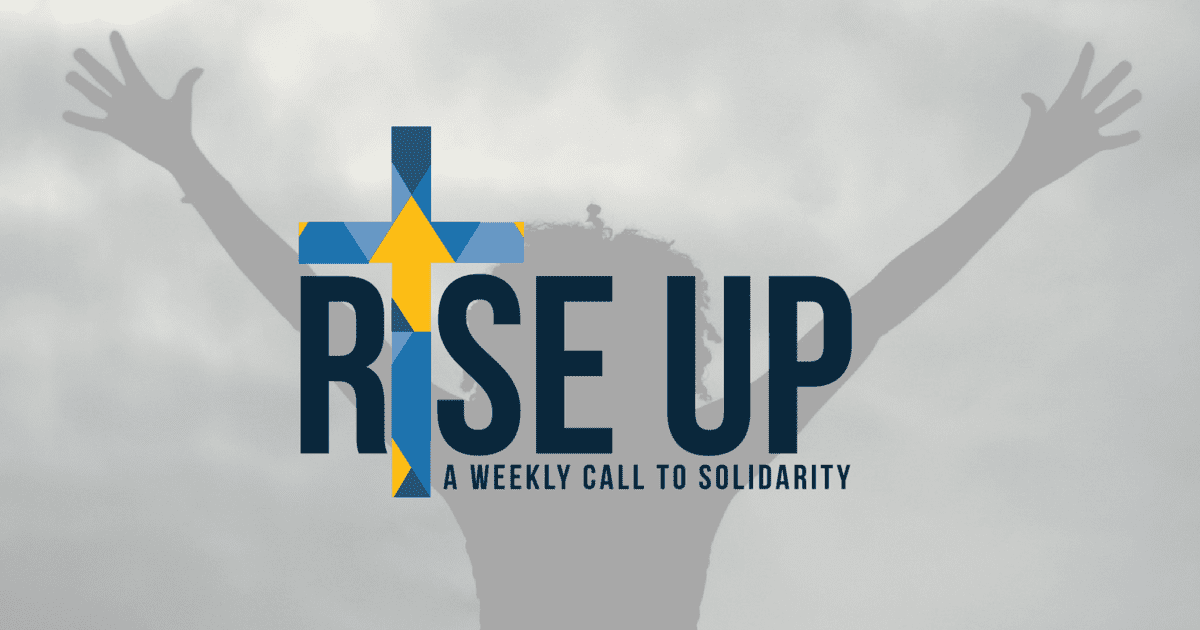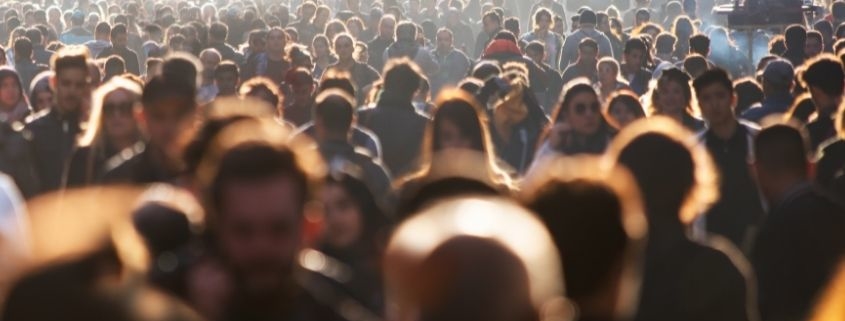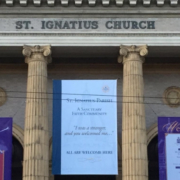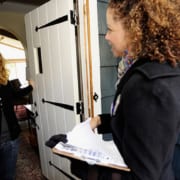Critical Race Theory and the Prophets Among Us
BY AMIRAH OROZCO | July 5, 2021
Sunday’s Readings

Today’s readings remind us that it is not always easy to recognize the prophets who are among us. The people who God sends the prophets to, according to the first reading, are “Hard of face and obstinate of heart.” (Ez 2:4) The Galileans did not notice that Jesus Christ himself the Messiah was not only in front of them, he was a part of their community, he was one of them. The Scripture therefore invites us to look more closely at our communities and our history to understand who these prophets are and what they are calling for.

One such attempt is Critical Race Theory, an analytical tool which looks at the events of history and the way they intersect with the reality of race in this country. It aims to go further than the superficial understanding of legal equality and is, according to its greatest thinkers, including Kimberlé Crenshaw, an “ethical commitment to human liberation.” Those against teaching the realities of racism in our country to young students, however, have deemed it an anti-American approach to history and have taken up the fight in legislative houses across the country.
Critical Race Theory invites us to reexamine our history so that we can make meaning of the structures that continue to oppress and dominate so many people. It gives us the tools not to undo history, but to learn from it. Ultimately, it gives us a new opportunity to listen to the prophetic witness of the marginalized not just of today, but throughout history. This gives a new possibility to go forward pleading for God’s mercy (Ps 123) and notice that God’s prophets were there all along the way and continue to be, if only we would listen.
Amirah Orozco is currently in the masters of theological studies program at Boston College School of Theology and Ministry with a focus on systematic theology, especially ecclesiology and Hispanic theology. She works in Hispanic ministry training programs at Formación Continua at the STM. She is originally from the border between El Paso, Texas and Ciudad Juárez, Chihuahua.









Prophets are those people with courageous nudges that inspire and challenge each one of us to see the reality of life and also to see better ways of living and being together . Prophets have the threads of mercy and compassion for us to thread together . What a wonderful grace to recognize that the prophets walk among us with a simplicity of spirit .
Thanks for explaining critical race theory.
I would like to order a sign, But shipping cost more than the sign. Please offer an option for standard USPS mailing. Jeremiah
It is so true that our prophets have been with us all along. As we reflect on our prophets we are grateful and think about their message. The prophets guide and direct us to expand our understanding of God in our society. Just a simple example, the migrants in Immokalee, Florida had the essence of the Christian life–that is to serve one another. They were consistent and persevering in doing so. They always pointed to the other and the need to assist them. There is a joy that they bring to the service of others and help us to catch onto the message both now and in the future.
We have to keep learning and learn from our history
Hello Amirah,
There were/are good prophets and not-so-good prophets for as long as we know about prophets. Discernment of what prophets have to say could be based as a starter on whether the message and intended outcome would be what Jesus would want us to be giving/receiving. Would Jesus want us to be judging others on past mistakes/sins? Does Jesus offer Mercy, forgiveness? Are the gifts of the Holy Spirit wisdom, understanding, counsel, knowledge, fortitude, piety and fear of the Lord? If so, how does that make the act of essentially telling others that they are “bad” because of the color of their skin? Are we not to offer Mercy and Forgiveness, understanding to each other as Jesus has asked us? Can every wrong done in the past be righted through the efforts of human beings? Are we being quit pompous to throw our own opinions into the faces/lives of good, honest people? Is CRT a positive or negative approach to love? How does CRT fit into the will of God to bring us closer to Him and to each other?
Hi Elaine. Thanks for chewing on my words and providing such thoughtful questions. Jesus absolutely offers us mercy! However, in order to ask for forgiveness, we must also recognize our sins. It is impossible to ask for forgiveness for the sin of racism without first recognizing how the realities of race have played out throughout our history, which CRT helps us do. The psalm for this Sunday’s readings has the psalmist begging for that mercy. I quoted it in this short reflection to help us understand that CRT is precisely that— an opportunity for us to ask for God’s mercy in front of what has been a painful, violent sin for so many! The prophets among us have been telling us all along to repent and turn towards God. The marginalized know better than anyone that God is a God of love, compassion, and mercy, and we must listen to them because salvation is for all of us, not just a select few.
Thank you, Amirah. We learn from past mistakes so we do not repeat them–with that “new possibility to go forward pleading for God’s mercy.” Well stated.
Annette
Thanks Amirah. The existing structures and the upholders of such structures need to be evangelized. Throughout history God continues to raise prophets to voice the concerns of the voiceless.
It is very concerning that Christians are promoting CRT. People are being lied to about what CRT is.
Read this book, it explains CRT and why it is not compatible with Christianity.
Ministry of Truth by Ethan Quinn
https://read.amazon.com/kp/embed?asin=B0BKLC29FF&preview=newtab&linkCode=kpe&ref_=cm_sw_r_kb_dp_KSQ6KY7A4EJ7MQTBC0ZT